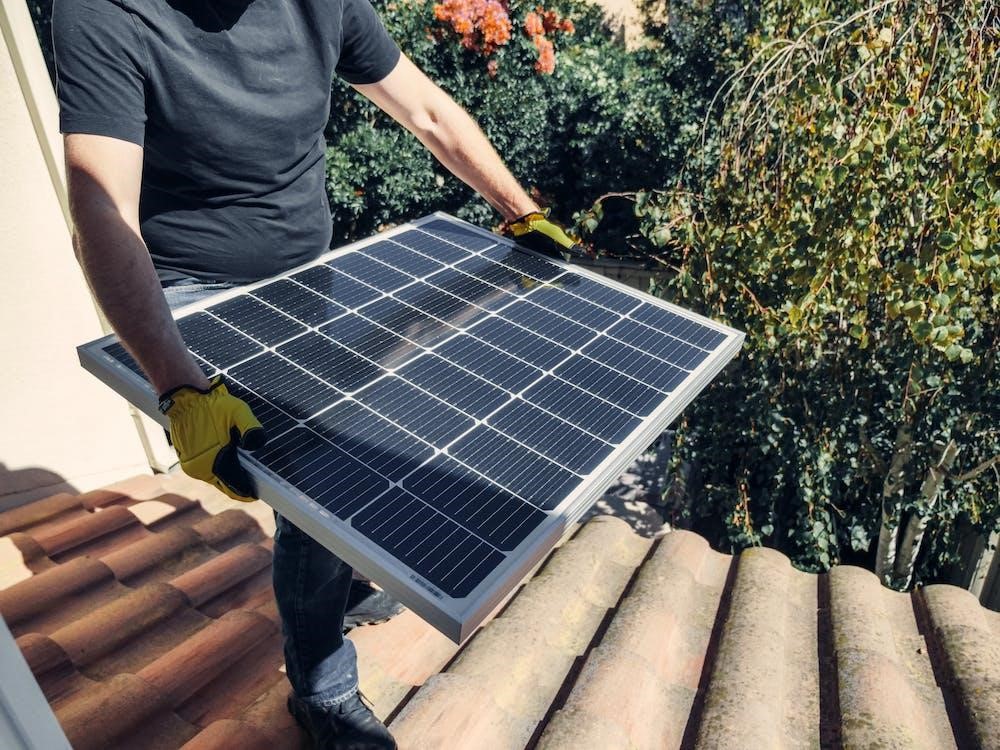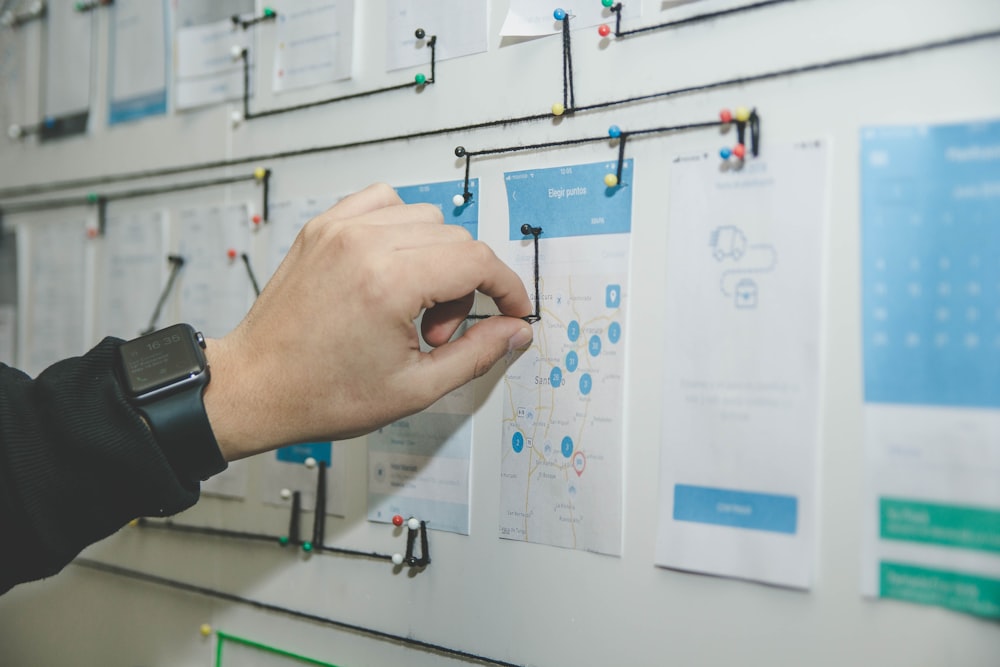
Optimizing Your Home with Residential Solar System Installation Tips
Investing in a residential solar system is a smart move for energy-conscious homeowners. To ensure a seamless and efficient installation process, it’s crucial to follow essential tips that maximize the benefits of solar energy at home.
1. Conduct a Thorough Site Assessment
Before diving into the installation, conduct a comprehensive site assessment. Evaluate your home’s sun exposure throughout the day, identifying potential shading issues from nearby trees or structures. This assessment helps determine the optimal placement for solar panels to capture the maximum sunlight.
2. Choose High-Quality Solar Panels and Components
Selecting high-quality solar panels and components is key to the long-term success of your residential solar system. Research reputable manufacturers and ensure that the panels come with a solid warranty. Investing in quality components ensures durability and optimal energy production over the life of the system.
3. Optimal Inverter Placement
The inverter is a critical component that converts solar energy into usable electricity. Place the inverter in a cool, shaded area to prevent overheating, which can reduce its efficiency. Proper placement and ventilation contribute to the inverter’s longevity and overall system performance.
4. Work with Experienced Installers
While some homeowners may opt for a DIY approach, working with experienced solar installers is highly recommended. Professional installers bring expertise and knowledge to handle various aspects of the installation, from electrical connections to compliance with local regulations. This ensures a safe and efficient solar system setup.
5. Secure Necessary Permits and Approvals
Before initiating the installation process, obtain all necessary permits and approvals from local authorities. Compliance with local building codes and regulations is crucial. This step not only ensures the safety and legality of your solar system but also prevents potential issues in the future.
6. Consider Future Maintenance Needs
Planning for future maintenance is often overlooked but is a crucial aspect of residential solar system ownership. Regular cleaning of solar panels, checking for any shading issues caused by growing vegetation, and inspecting electrical components contribute to the longevity and efficiency of your solar system.
7. Optimize Energy Storage Solutions
Consider incorporating energy storage solutions, such as batteries, into your residential solar system. Energy storage allows you to store excess energy generated during the day for use during periods of low sunlight or power outages. This enhances your energy independence and overall system resilience.
8. Monitor System Performance
Implement a system for monitoring the performance of your solar system. Many modern systems come with monitoring tools that allow you to track energy production, detect potential issues, and optimize overall efficiency. Regular monitoring ensures that your solar system operates at its full potential.
9. Explore Financial Incentives
Before finalizing your residential solar system installation, explore available financial incentives. Many regions offer tax credits, rebates, or other incentives to encourage homeowners to adopt solar energy. Taking advantage of these incentives can significantly offset the initial installation costs.
10. Continuous Education on Solar Technology
Solar technology is continually evolving, and staying informed is key to maximizing the benefits of your residential solar system. Regularly educate yourself on advancements in solar technology, energy storage solutions, and potential upgrades to keep your system up-to-date and efficient.
For a comprehensive guide and expert support on Residential Solar System Installation Tips, visit 800support.org. Their resources and assistance can provide valuable insights, ensuring your residential solar system is installed and maintained for optimal performance.
In conclusion, a well-planned and executed residential solar system installation is the foundation for reaping the benefits of clean and sustainable energy. By following these tips and leveraging expert guidance, homeowners can enhance their energy efficiency, reduce utility costs, and contribute to a greener environment.





